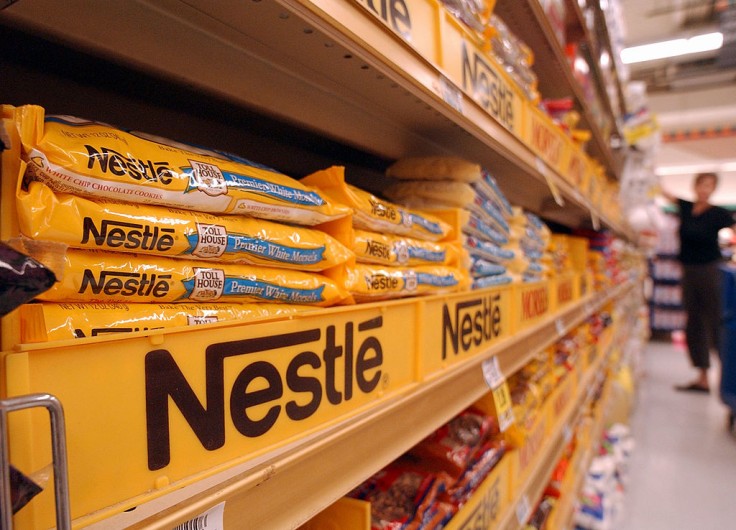
Nestle, Hershey, and Mars, as well as four other large cocoa companies, have been named in a new lawsuit filed in Washington, D.C., by eight victims who said that that they were taken from their home in Mali to work in the Cote D'Ivoire (Ivory Coast) cocoa plantations.
The lawsuit claimed that chocolate giants Nestle, Hershey, Mars, Cargill, Olam, Mondelez, and Barry Callebaut formed a venture to allow their companies to "continue benefitting from cheap cocoa harvested by forced child labor" that goes to the supply chain around the world. About 40 percent of the global cocoa supply comes from Cote D'Ivoire, and the complainants' lawyers argued that, despite these companies' commitment to fighting child labor, they continue to profit from the decades-long practice.
International Rights Advocates lawyer Terence Collingsworth, representing the complainants, told The Independent that these big companies are telling the public that they have been working with the farmers by providing money for their children's school needs so they won't have to go into child labor. However, these same companies are also saying that they are "just buying chocolate" and have no involvement in what's going on in the supply chains.
Harsh Labor Conditions
According to the court documents filed in September, the complainants were below 16 years old when they were trafficked from Mali a few years ago. They detailed their harsh working conditions, where they had to endure insect bites, incur wounds from accidents using the machete, or work without getting paid for many months.
The lawyers said that Nestle, Hershey, Mars, and the other companies should have been aware of these working conditions under the Trafficking Victims Protection Reauthorisation Act (TVPRA) of 2017. Instead, the companies have been "collaborating" with the cocoa production industry to enable child slavery.
The chocolate companies, however, denied any wrongdoing and said that the case had no legal merits. While Mars refused to comment since the case is pending in court, a spokesperson for Nestle said that they have been working hard to prevent child labor and are in partnership with various governments and NGOs in tackling this issue.
In 2001, many chocolate companies worldwide pledged to get rid of child labor in the cocoa industry by signing the Harken-Engel Protocol or the Cocoa Protocol. However, nearly two decades after the pact, the U.S. Department of Labor came up with a report that revealed 1.56 million cocoa farmers in West Africa are kids working in dangerous conditions.
Victory for Chocolate Companies
The new lawsuit comes just as the chocolate companies claimed victory over another case that stated Nestle and Cargill are not going to be responsible for the kids who have been working at Cote D'Ivoire. The Supreme Court justices voted eight to one against the allegations that Nestle and Cargill made "major operational decisions" about child labor on U.S. soil.
The complainants lost this case because they failed to establish that child labor happened in the American companies even if the practice was still done in Cote D'Ivoire, among the cocoa farming industry. The courts also dismissed a lawsuit citing the Alien Tort Statute as this situation does not apply to this case.